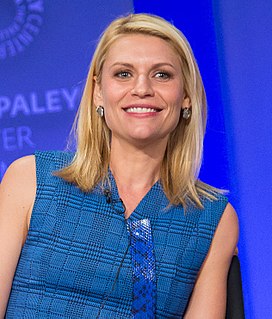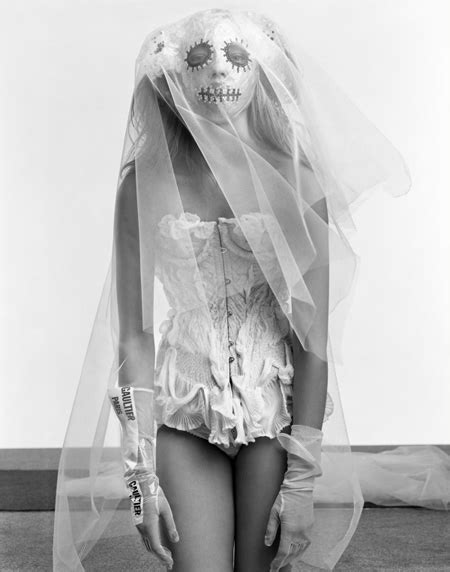A Quote by Claire Danes
I actually think in some ways that it might be more challenging to be bipolar because it's so mercurial - it's so ever-changing. You can't get any traction. You can't build on a system. Whereas, somebody who has Asperger's, which is certainly a much more forgiving expression of autism, can create models for coping and build on them over time.
Related Quotes
I feel like what we love to do is solve problems. If it's easy to solve, we find a more difficult one. There's always a way. In our world, we can build stuff. We can build more sets than you could ever build in live-action. We can build more props just for custom angles or perspectives. We'll build special trees for that, paint a sky. There's really no limitations, except that you run out of time and money at some point.
I am excessively fond of a cottage; there is always so much comfort, so much elegance about them. And I protest, if I had any money to spare, I should buy a little land and build one myself, within a short distance of London, where I might drive myself down at any time, and collect a few friends about me and be happy. I advise everybody who is going to build, to build a cottage.
I don't mind that if I ever star in movies, they'll likely be mine. That's okay, because my great role models - Woody Allen, even Tyler Perry, who is actually one of my role models, even if that seems kind of strange - they do that themselves. And it's great. They build empires, and they're known as having their own voice. I think it's 20 times more fun to act on a set where I feel the freedom to change the dialogue.
The most important thing is that, when you work with somebody, you build a rapport with that person. They have a certain trust in you. You don't have to explain that much. It's very hard when you photograph someone who's a fresh face and then you don't work with them again for six months. All these people I work with over and over again have qualities that I love. There's something very free about them or there are some slight imperfections about them. I think the more you work with someone, the pictures get better and better.
Theatre is real-time - you get that real-time audience reaction, which is fantastic. And with art pieces, people don't ever have to explain themselves. You can do something and really follow a research. With architecture, you have to be much more public. You have to build consensus. You have to work within the law. There are more complexities.
When you take the entire system into account, ways of developing more of something in one dimension can actually create scarcities in another. If we say we have to increase production because people need more food, more housing, more meat, or more milk, we can make one thing grow in a certain way. But by doing that we create externalities so that there are scarcities in other related things.
My autism is a very mild form. It was diagnosed at the age of 25, partly because it wasn't diagnosable as a teenager (this is Asperger's syndrome, specifically). But there were certainly traits within that condition, within the autism spectrum in general, especially at the high functioning end, that I think are best looked at as pluses.
I imagine that as contemporary music goes on changing in the way that I'm changing it what will be done is to more and more completely liberate sounds from abstract ideas about them and more and more exactly to let them be physically uniquely themselves. This means for me: knowing more and more not what I think a sound is but what it actually is in all of its acoustical details and then letting this sound exist, itself, changing in a changing sonorous environment.
I definitely devote so much more time to acting, but since it only takes a day or two to shoot and get pictures out - whereas for acting, you do an audition, or loads, and you might not get any of them - so I did the modeling stuff because, obviously, if I have the opportunity, I'm going to take it.


































